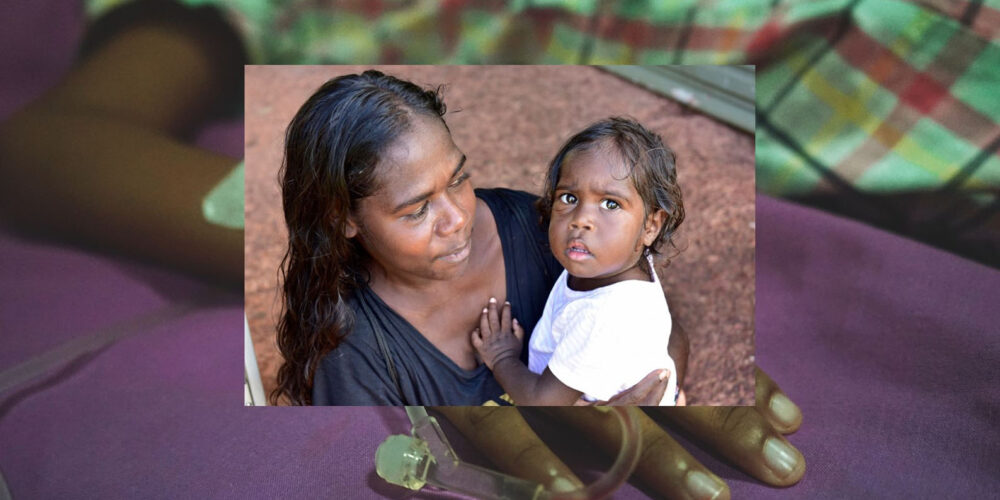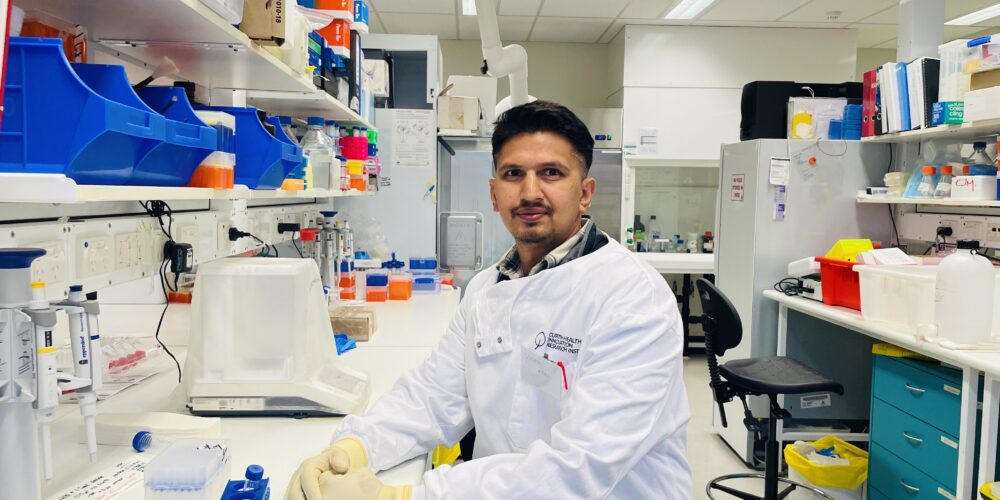Closing cultural gaps may reduce risk for sick children

A new Curtin University study has found that there is an urgent need to develop and implement strategies to empower Aboriginal families to identify deteriorating health in their child and alert clinicians.
The research, published in Pediatric Nursing, explored the perspective of family members of Aboriginal children to see if they could recognise, and respond to, health deterioration in a hospital setting.
Lead researcher, Associate Professor Fenella Gill from Curtin’s School of Nursing, said it was hoped the study results would lead to the development of a culturally secure escalation system.
“Previous research has indicated that there are higher rates of hospital mortality for Aboriginal children, including due to failures in escalation of care, therefore it is vital to address these barriers,” Associate Professor Gill said.
“We found there were many barriers impacting Aboriginal families’ ability to escalate care, including gaps in health knowledge, literacy and communication, which disempowered many from being actively involved in their child’s health care.
“Previous research has indicated that there are higher rates of hospital deaths in Aboriginal children, including deaths due to failures in escalation of care, therefore it is vital to address these barriers.”
Associate Professor Gill said that limited health knowledge played a large part in the difficulty for Aboriginal families to judge whether their child’s condition was serious or deteriorating.
“We found that posters with a lot of imagery were vital visual cues to encourage family members to speak up and were more engaging if they included a cultural connection and simplified language.”
“In addition, we found that family members would raise the alarm if clinicians took the time to build rapport and invited families to speak up. This is because many families feel they should not question medical staff.”
Associate Professor Gill said further work must be done to address cultural gaps in a healthcare setting to ensure effective communication with people from diverse backgrounds.
“We already know there are communication barriers between healthcare professionals and their families. This is further amplified when the patient and treating professional are of different cultural backgrounds,” Associate Professor Gill said.
“To address this, staff training should include deeper cultural awareness and hospitals should upgrade culturally aware posters, videos, guides and other communication assets.”
The full paper, titled ‘Aboriginal perspectives on recognising clinical deterioration in their child and communicating concerns to clinicians’, is available online here.



